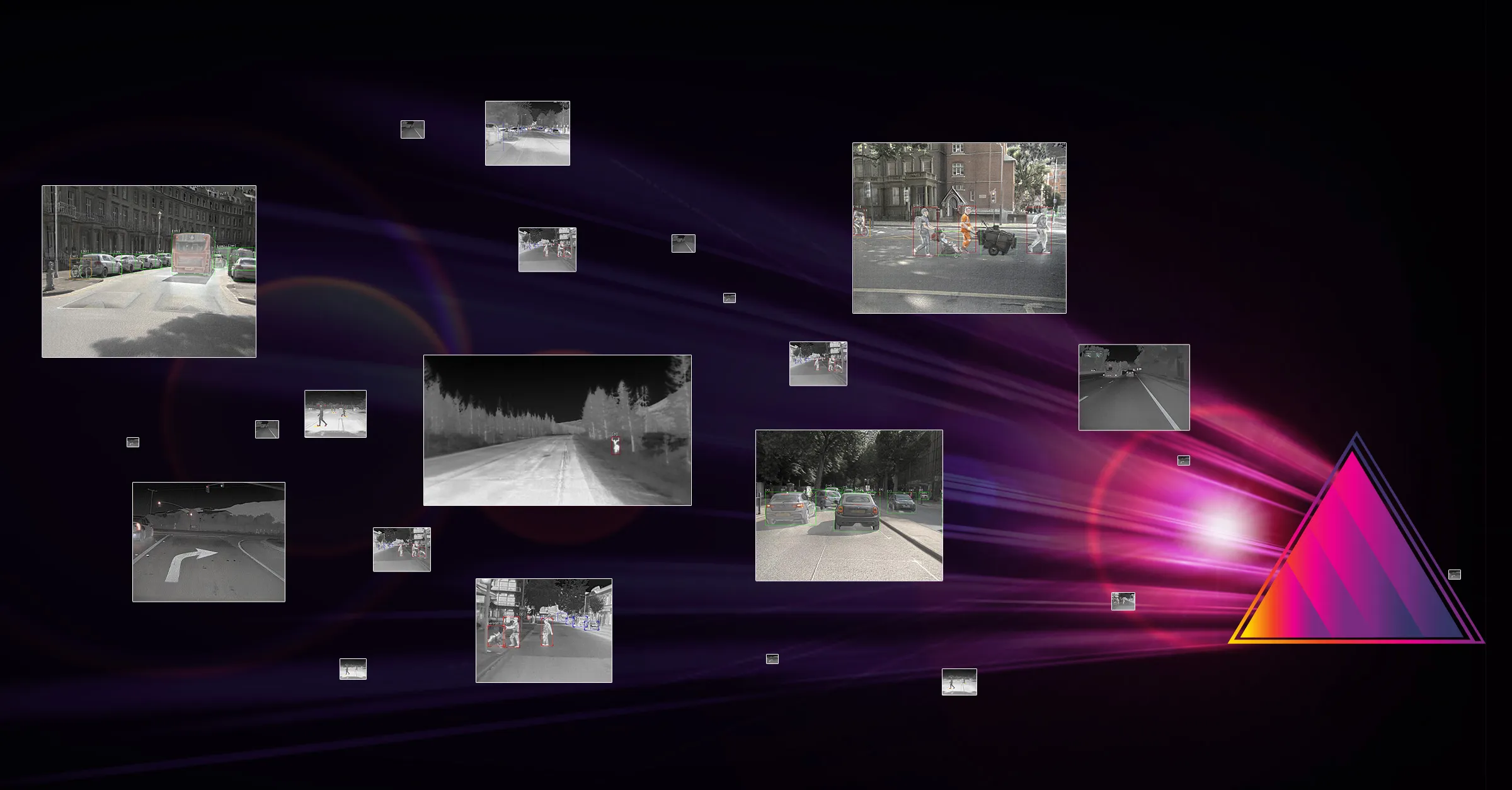ABI Research is predicting that global advanced driver assistance systems (ADAS) revenues will surge from $22.7 billion in 2012 to $460.8 billion in 2017, with Asia-Pacific remaining the leading ADAS market throughout the forecast period. “Both commercial and regulatory drivers are expected to boost the ADAS market in the coming years,” says VP and practice director Dominique Bonte. “On the one hand, OEMs such as Ford have started rolling out ADAS features on medium to low-end cars in order to bolster their
August 23, 2012
Read time: 2 mins
“Both commercial and regulatory drivers are expected to boost the ADAS market in the coming years,” says VP and practice director Dominique Bonte. “On the one hand, OEMs such as
In the longer-term ADAS will also play an important supporting role in ITS and (semi-) autonomous vehicles as recently demonstrated in the Sartre drive train trial in Europe in which the main role of ADAS systems is to be the last safety resort when other systems fail. ADAS can also compensate for driver distraction risks caused by advanced connected infotainment systems.
However, a recent ABI survey shows consumer interest in ADAS is high but willingness to pay very low, unsurprisingly for a safety function. So the message for OEMs clearly is to ultimately offer (basic) ADAS as a standard feature.
ABI Research’s new ‘Advanced Driver Assistance Systems (ADAS)’ market database provides detailed volume and value forecasts of all major driver assistance systems (Adaptive Cruise Control, Collision Warning/Mitigation, Blind Spot Detection, Lane Departure Warning, Driver Monitoring System, Night Vision, and Adaptive Headlights) through 2020 for North America, Europe, Asia-Pacific, and Rest of the World. These findings are part of ABI Research’s Intelligent Transportation Systems Research Service, which includes Research Reports, Market Data, Insights, and Competitive Assessments.








